Bok Choy Benefits: 11 Science-Backed Health Advantages
This cruciferous vegetable can boost your bone, heart, and eye health!
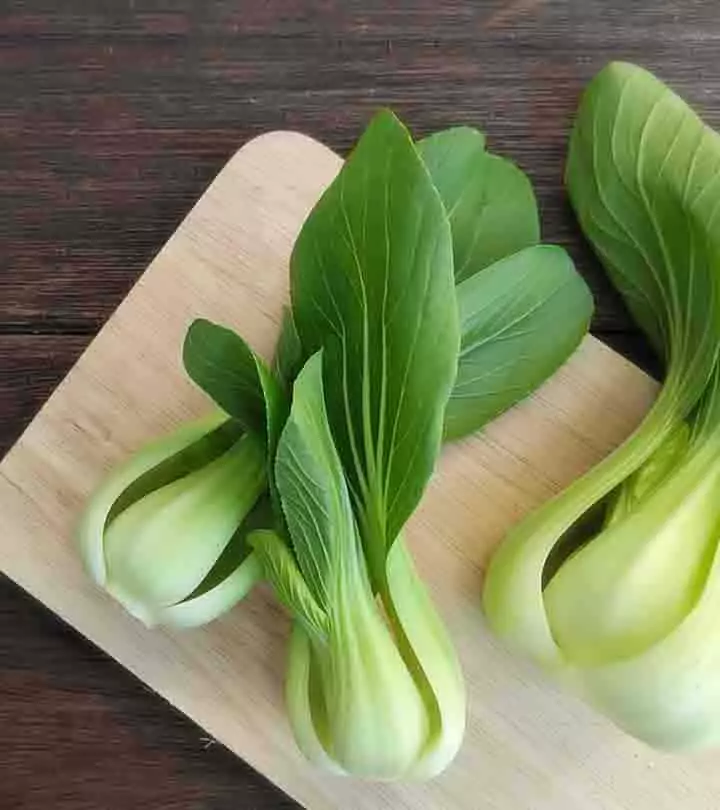
Image: Shutterstock
Bok choy (Brassica rapa) is a cruciferous vegetable also known as pak choi. It has many vital nutrients and is considered highly for its medicinal value. The bok choy benefits are numerous, which is why the vegetable is getting more popularized these days. This nutrient-rich veggie resembles a soup spoon and is widely enjoyed in Chinese cuisine. It can be a great addition to your soups, smoothies, salads, and even stir-fried vegetables. Regular consumption may improve bone health, cut down the risk of cancer, reduce the risk of cardiovascular disease, improve vision, and combat inflammation. Learn more about this Chinese cabbage, its nutrition, benefits, and possible side effects. Keep reading.
 Know Your Ingredient: Bok Choy
Know Your Ingredient: Bok ChoyWhat Is It?
A nutrient-rich, cruciferous, crisp, dark green leafy vegetable.
What Are Its Benefits?
It may help promote bone health, reduce the risk of heart disease, fight inflammation, and boost the immune system.
Who Can Consume It?
The nutritious vegetable is safe for everyone in moderation, except those who consume blood-thinning medicines.
How Often?
You can have a cup of loosely packed, chopped bok choy every day.
Caution
Avoid consuming too much raw bok choy as it may inhibit iodine absorption and affect thyroid function.
In This Article
What Are The Health Benefits Of Bok Choy?
1. May Help Reduce Cancer Risk
Cruciferous vegetables like bok choy contain cancer-fighting compounds that help reduce the risk of cancer. From one study, the presence of phytochemicalsi They are bioactive nutrients found in plants that help resist plant virus infections, fungi, and other insects. in cruciferous vegetables can prevent carcinogenesis (transformation of normal cells into cancer cells). Sulphur-containing compounds in these green veggies such as glucosinolates help reduce cancer risk. Also, a high intake of cruciferous vegetables has been linked to a lower risk of colon and lung cancers.
As per studies, consumption of cruciferous vegetables at least once a week may reduce the risk of prostate, pancreatic, ovarian, liver, and stomach cancers. Brassinin, a phytochemical derived from cruciferous vegetables like bok choy, has anticancer effects and can inhibit cancer cell proliferation.

2. May Promote Bone Health

A study conducted on postmenopausal women found that increased consumption of cruciferous vegetables such as bok choy can reduce bone turnover and calcium loss in urine. Also, bok choy contains nutrients that are essential for bone health. According to the U.S. Department Of Agriculture, bok choy contains vitamin K, calcium, magnesium, iron, zinc, and phosphorus. These nutrients help in strengthening bones, maintaining bone structure, and prevent fractures.
As per another study, vitamin K not only increases bone mineral density but also reduces fracture rates. Dietary intake of 90 micrograms of vitamin K per day for females and 120 micrograms of the nutrient per day for males are recommended. Insufficient consumption of iron and zinc also may lead to osteoporosis and collagen depletion.
3. May Reduce The Risk Of Heart Disease
In studies, intake of green leafy and cruciferous vegetables showed a 15.8% reduction in the incidence of cardiovascular diseases.
The vitamin B6 and folate in bok choy prevent the accumulation of homocysteine, which may otherwise damage the lining of arteries or lead to atherosclerosis (plaque build-up inside arteries). However, more studies are warranted to understand this benefit of bok choy.
4. May Boost Eye Health

Cruciferous vegetables, including bok choy, contain essential carotenoidsi Color pigments that occur naturally in plants, bacteria, fungi, and algae to give their yellow, orange, and red colors. like lutein and zeaxanthin that help boost eye health and prevent macular degeneration. Lutein and zeaxanthin are fat-soluble antioxidants responsible for vision. They also reduce the risk of age-related macular degeneration (AMD). Bok choy is also rich in vitamin A, a vitamin responsible for eye health.
5. May Fight Inflammation
Bok choy contains choline, which plays a key role in early brain development, muscle control, memory, and cell membrane signaling. It also helps reduce inflammation. Intake of cruciferous vegetables reduces oxidative stress and inflammation. As per one study, high consumption of Brassica vegetables, which contain glucosinolates, may induce enzymes that act against inflammation. This green leafy vegetable is rich in antioxidants and anti-inflammatory properties that help lower inflammation. It is also rich in flavonoids like quercetin that help reduce inflammation.
6. May Boost The Immune System
Bok choy has vitamin C, a potent antioxidant that contributes to immune defense. It is also essential for collagen synthesis that assists in energy metabolism. It stimulates white blood cells (WBCs) and acts against infections. However, more studies are needed to further understand this benefit of bok choy.
7. May Lower Blood Pressure
The rich mineral profile of bok choy helps lower blood pressure levels. As per one study, intake of 4700 milligrams of potassium per day decreases blood pressure in response to high sodium consumption. From another study conducted by the University of London, potassium also reduces the damage sodium may do to the cardiovascular system. However, more studies are needed to understand this mechanism of bok choy in humans.
8. May Support Thyroid Function
Some believe the selenium in bok choy may help promote thyroid function. These glands play a critical role in several metabolic reactions. A study conducted on 6152 individuals found that selenium deficiency may increase the risk of thyroid disease. Another study conducted by the Gauhati Medical College, India, found that consumption of selenium supplements may improve autoimmune thyroid disease. However, it is believed that cruciferous vegetables, like bok choy, may instead interfere with thyroid function. Consult your doctor for more information. Also, the selenium content in bok choy is minimal as compared to the RDA levels. Hence, this veggie alone may not help you meet your regular selenium intake.
9. May Assist In A Healthy Pregnancy
Bok choy is a rich source of folate that is crucial during pregnancy. Folate deficiency is linked to abnormalities in mothers and fetuses. A dosage of 600 micrograms of folic acid is recommended during pregnancy. A study conducted by the University of Alabama at Birmingham found that foods rich in folic acid may help prevent the risk of birth defects such as anencephalyi A fatal birth defect of the central nervous system in which a child is born with an underdeveloped brain and skull bones. and spina bifidai A serious neural tube defect in which a child is born without a completely developed spine and spinal cord. . However, more studies are needed to understand this benefit of bok choy.
10. May Improve Skin Health

Bok choy contains vitamin C, an antioxidant known for its role in collagen production and combating free radicals. It may help reduce the risk of skin damage caused by external factors. It may also help fight the signs of aging such as fine lines and wrinkles. However, limited data is available in this regard. Also, topical application of vitamin C seems to have a better effect on skin health than oral intake. Consult your dermatologist for more information.
11. May Help Treat Anemia
Bok choy may be beneficial for those dealing with anemia, a condition characterized by a lack of healthy red blood cells. This nutrient-dense leafy green vegetable is a good source of iron, a vital mineral involved in the production of red blood cells and the prevention of anemia. Bok choy also contains vitamin C, which enhances the absorption of non-heme iron (the type of iron found in plant-based foods) in the body. Consuming this vegetable, especially in combination with vitamin C-rich foods like citrus fruits, peppers, or tomatoes, may help improve iron absorption and support overall blood health. Additionally, bok choy provides other essential nutrients like folate and vitamin B6 that are crucial for red blood cell production. Including bok choy in a well-balanced diet may contribute to managing anemia and promoting overall well-being.
Also, bok choy speeds up the healing process. Much anecdotal evidence suggests that bok choy helps in heavy menstruation or hemorrhoidi Painful, bulging, and enlarged veins in the rectum and anus that cause discomfort when sitting or during bowel movement and may bleed. conditions.
Bok choy contains essential vitamins and minerals that help treat many health problems. Scroll down to find the nutrition profile of bok choy.
Key Takeaways
- Bok choy carries vitamin C, which enhances immune defense. Its rich mineral profile plays a crucial role in reducing blood pressure.
- Celery, cabbage, spinach, swiss chard, and napa cabbage are some bok choy alternatives.
- Although considered safe, bok choy may cause adverse effects if consumed excessively.
Bok Choy Nutrition Facts
One cup of shredded bok choy contains:
- Calories: 9.1 kcal
- Protein: 1.05 g
- Fat: 0.14 g
- Carbohydrate: 1.53 g
- Fiber: 0.7 g
- Calcium: 73.5 mg
- Potassium: 176 mg
- Sodium: 45.5 mg
- Selenium: 0.35 micrograms
- Vitamin C: 31.5 mg
- Folate: 46.2 micrograms
- Choline: 4.48 mg
- Vitamin A: 156 micrograms
- Lutein + zeaxanthin: 28 micrograms
These nutrients in bok choy are essential for the body to perform several metabolic reactions and to maintain overall health.
Bok choy is often confused with spinach. How are the two different?
 Fun Fact
Fun FactBok Choy Vs. Spinach
When we compare the nutritional aspects of bok choy and spinach, both contain a similar number of calories. Bok choy contains more vitamins C and A than spinach. Whereas spinach is richer in dietary fiber, iron, and vitamin K. Both these green leafy veggies have a different flavor.
Are bok choy and cabbage the same? Check out the next section to find the answer.
Bok Choy Vs. Cabbage
Bok choy and cabbage are two different vegetables. Bok choy contains more dark-colored leaves and white stalks. Cabbage has a light-green head.
The leaves of bok choy are tender and sweeter than cabbage.
Knowing about the benefits of cabbage and bok choy will help you understand their nutritional profile and encourage you to use these two vegetables repeatedly. Bok choy has higher vitamin A content than cabbage, which has more dietary fiber. You can add both these vegetables to your diet and enjoy their benefits.
You can consume all parts of the bok choy plant, including its white stems and green leaves. But how to incorporate bok choy into your diet? Scroll down to know.
How To Incorporate Bok Choy Into Your Diet?
Here are some ideas on how to prepare and eat bok choy:
- Shred bok choy to make a raw salad with other vegetables.
- Dice it and add it to soups.
- Chop and incorporate it into a stir-fry.
- Slice it and drizzle with olive oil and salt, and roast in the oven.
- Use the shredded bok choy with some other leafy greens on a sandwich.
- Dice it finely and add it to fried rice.
- Add bok choy to smoothies for a nutritional boost and increase your vegetable intake.
 Trivia
TriviaYou can add bok choy to your diet easily. Here are some easy-to-prepare bok choy recipes.
Bok Choy Recipes To Try
1. Bok Choy Salad
What Do You Need
- Sliced bok choy – 2 bunches
- Chopped green onions – 1 bunch
- Olive oil – ½ cup
- White sugar – 1/3 cup
- Toasted almonds – 1/8 cup
- Soy sauce – 3 tablespoons
- White vinegar – ¼ cup
- Chow mein noodles – ½ package
Process
- Mix olive oil, white vinegar, sugar, and soy sauce in a bowl.
- Close the bowl and shake until it mixes well.
- Combine the bok choy, green onions, almonds, and chow mein noodles in a salad bowl.
- Toss with dressing and serve.
2. Egg Bok Choy
What Do You Need
- Finely chopped onion – 1
- Bok choy – 1
- Egg – 1
- Green chilies – 2 or 3
- Oil – 1 tablespoon
- Mustard seeds – ¼ teaspoon
- Salt – to taste
- Split black gram – 1 teaspoon
- Curry leaves – 6
Process
- Separate the stalks of the bok choy and chop the stalks and the leaves finely.
- Heat the oil in a pan, splutter some mustard seeds and curry leaves, and the split black gram.
- Saute the chopped onions and green chilies for a minute and add the chopped bok choy.
- Add salt and let it cook uncovered for about 7-8 minutes until the vegetable becomes tender.
- Add the egg and mix everything together.
- Keep mixing for another 1 or 2 minutes until the egg is cooked.
- Serve with rice or Indian bread.
3. Chicken And Bok Choy Soup
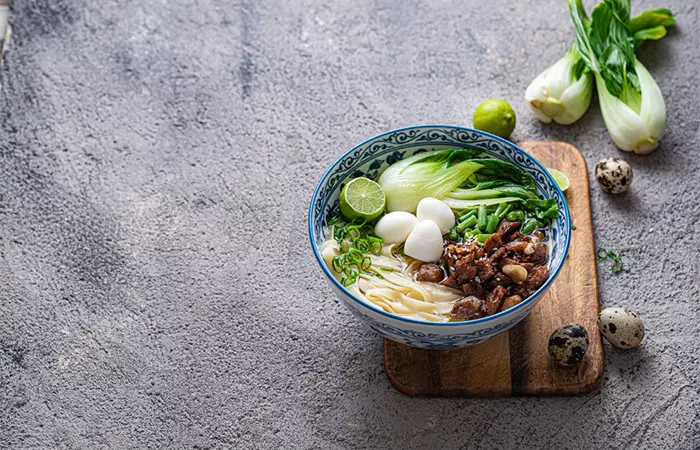
What Do You Need
- Water – 6 cups
- Onion – 1
- Small potatoes – 6
- Vegetable oil – 1 tablespoon
- Garlic cloves (minced) – 2
- Chicken soup base – 4 teaspoons
- Bok choy – 6 large ribs with leaves
- Carrots – 4
- Celery – 2 stalks
- Boneless chicken – 2 (cut into ½ inch cubes)
Process
- Heat oil in a large stockpot over medium heat.
- Add onion and garlic in the oil and cook for about 10 minutes.
- Add remaining ingredients to the stockpot and bring to a boil.
- Reduce heat and simmer for about 10 minutes, until vegetables are slightly tender.
- Add chicken and continue simmering for about 10 minutes.
These are some delicious recipes of bok choy. But if you can’t find it, you may use some other leafy veggies in its place.
Bok Choy Substitutes
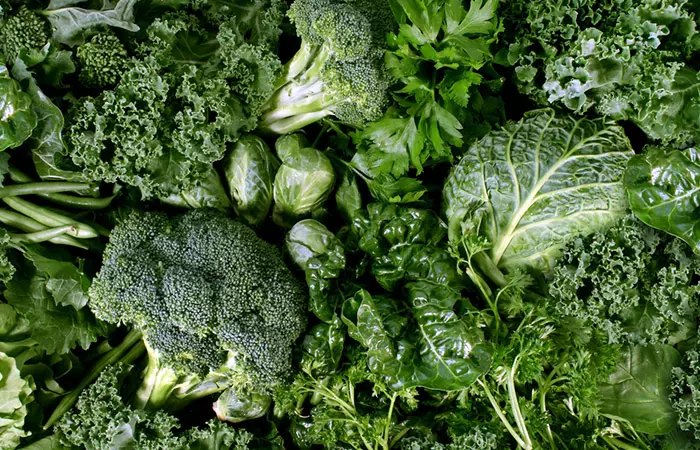
Bok choy alternatives have some differences in taste and flavor. But they also are loaded with beneficial vitamins and minerals useful for maintaining your overall health. Here are some bok choy substitutes:
- Celery
- Cabbage
- Spinach
- Swiss chard
- Napa cabbage
Note: Celery, cabbage, spinach, napa cabbage, and Swiss chard benefits and specific vitamin and mineral profiles may differ from those of bok choy. Similarly, the flavor and texture they bring to dishes may vary. It would be good to read about them before using them in your recipe, including their benefits, side effects, ways of using them in a dish, etc. For example, Swiss chard benefits include improved bone density, diabetes management, and decreased risk of cardiovascular diseases. However, these benefits might not be the same as bok choy or its substitutes.
How to select and store bok choy? Here are some important tips to consider.
Bok Choy: Selection And Storage
Always select bok choy that has firm white stalks and crisp dark green leaves. Avoid those that are broken or have spotted leaves and limp stalks. If you want to store them in a refrigerator, keep them in a perforated plastic bag and they will last up to 3 to 4 days. Frozen bok choy can last between 10 and 12 months.
Bok choy is generally considered safe for many people. But does excess consumption cause side effects? Scroll down to know.
Too Much Bok Choy: Risks And Potential Side Effects
Bok choy is generally considered safe to consume. But it may cause some adverse effects in people who consume it in excess. In general, cruciferous vegetables contain glucosinolates that may inhibit iodine absorption. However, this effect depends on the amount of bok choy consumed and its form. Cooked bok choy may not show any thyroid-inhibiting effect as heat deactivates the myrosinase enzyme (the enzyme responsible for the breakdown of glucosinolates).
Also, it may cause allergic reactions in some people. Melanie, a lifestyle blogger, recounted her experience of getting an allergic reaction after consuming bok choy for the first time. She said, “I nibbled a bit on it then. Not an hour later I was clawing and scratching at my skin…covered in hives (i).”
Therefore, if you have any underlying health issues, especially related to thyroid or blood conditions, it is important to consult a healthcare professional before adding bok choy to your diet. Anecdotal evidence also suggests that bok choy may interact with certain medications, such as blood thinners, because of its vitamin K content. So, practice caution.
Infographic: Bok Choy: Everything You Need To Know About It
Bok choy is a delicious green vegetable that has many health benefits. Most people love it for its mild taste and crunchy texture.
In the infographic below, discover more about bok choy, its popular cultivars, some tips on how to grow it in your home garden, and what to use as a substitute in recipes that call for bok choy.
Some thing wrong with infographic shortcode. please verify shortcode syntax
If you are using any blood thinners, consult with your doctor before consuming bok choy. The vitamin K in bok choy may interfere with blood-thinning medications.
Bok choy is a nutritious vegetable originally from China. It is packed with beneficial antioxidants, dietary fiber, vitamins, and minerals. Bok Choy’s benefits range from promoting bone health to lowering blood pressure. It may help promote heart, eye, and skin health as well. Bok choy is loaded with vitamin C, which may help boost immunity and reduce the level of inflammation in the body. However, its excessive consumption can lead to a few side effects. Also, there is a possibility that it may interact with blood-thinning medications. If you experience any adverse effects, limit its use and seek medical advice.
Frequently Asked Questions
Is bok choy healthier raw or cooked?
It is best to eat bok choy raw to get the maximum nutrients. The cooking process may deplete the vitamin levels in bok choy.
Is bok choy suitable for a vegan diet?
Yes, bok choy is completely plant-based and is a great addition to a vegan diet.
Is bok choy good for arthritis?
Yes. Bok choy is good for arthritis and can fight against inflammation effectively (37).
Is bok choy good for weight loss?
Bok choy may help lose weight due to its low-calorie content. However, more research is warranted to prove this claim.
Does bok choy make you poop?
Yes. It may help you poop easily due to its high fiber content.
Illustration: Health Benefits Of Bok Choy | Nutrition, Recipes, & Risks
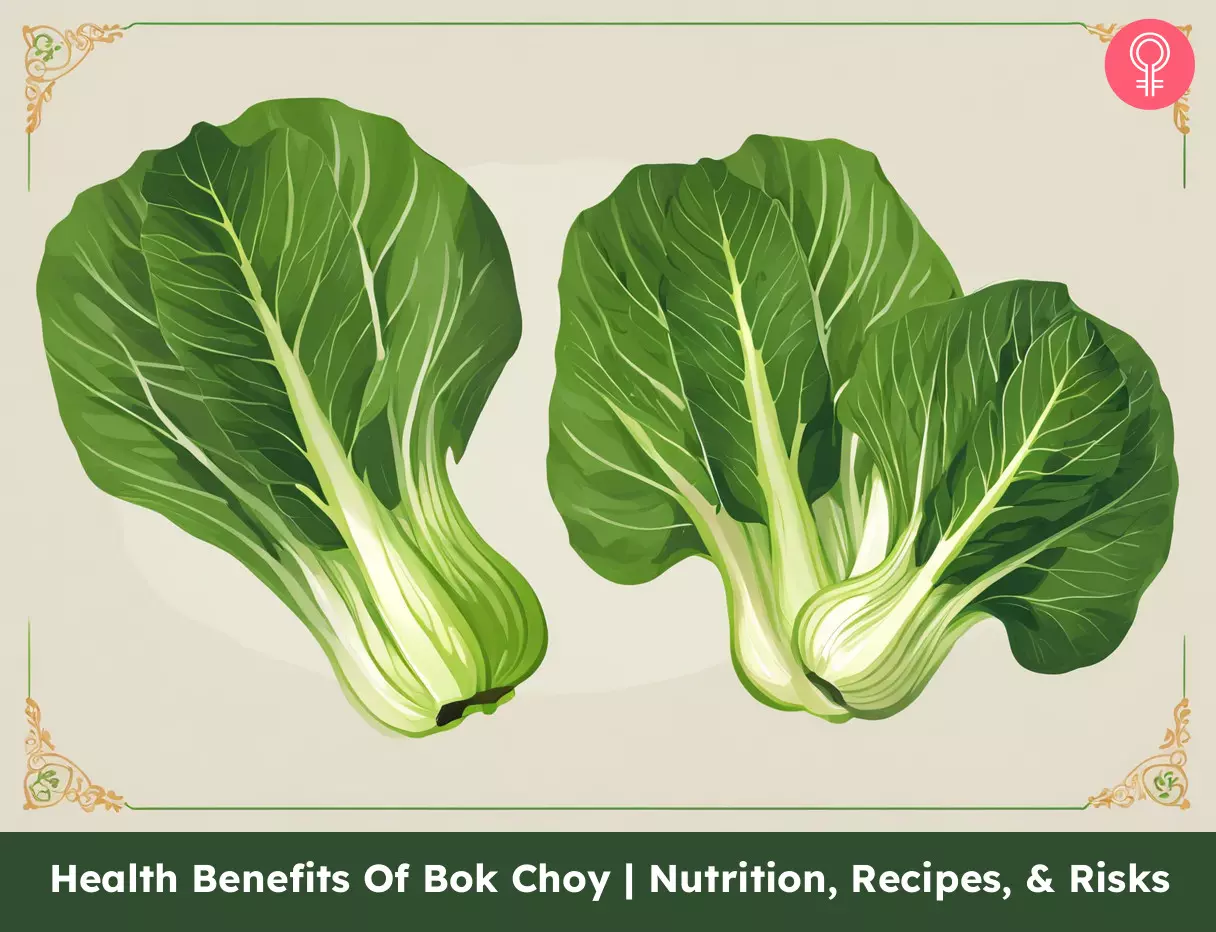
Image: Stable Diffusion/StyleCraze Design Team
Delve deeper into the astonishing health benefits of Bok Choy. This video will expand your knowledge on the nutrient facts surrounding this remarkable vegetable and shed light on how it can contribute to improving your overall well-being. Hit the play button now.
Personal Experience: Source
StyleCraze's articles are interwoven with authentic personal narratives that provide depth and resonance to our content. Below are the sources of the personal accounts referenced in this article.
i. The Bok Choy Is Going To Kill Mehttps://runningwithoutbeingchased.blogspot.com/2010/06/bok-choy-is-going-to-kill-me.html
References
Articles on StyleCraze are backed by verified information from peer-reviewed and academic research papers, reputed organizations, research institutions, and medical associations to ensure accuracy and relevance. Read our editorial policy to learn more.
- Cruciferous Vegetables and Human Cancer Risk: Epidemiologic Evidence and Mechanistic Basis
https://www.ncbi.nlm.nih.gov/pmc/articles/PMC2737735/ - Cruciferous Vegetables and Cancer Prevention
https://www.researchgate.net/publication/11280514_Cruciferous_Vegetables_and_Cancer_Prevention - Cruciferous vegetables: dietary phytochemicals for cancer prevention
https://pubmed.ncbi.nlm.nih.gov/23679237/ - Cruciferous vegetables and cancer risk in a network of case-control studies
https://pubmed.ncbi.nlm.nih.gov/22328735/ - Cancer chemopreventive activity of brassinin, a phytoalexin from cabbage
https://pubmed.ncbi.nlm.nih.gov/7859373/ - Brassinin Inhibits Proliferation in Human Liver Cancer Cells via Mitochondrial Dysfunction
https://pubmed.ncbi.nlm.nih.gov/33562611/ - Increased Intake of Selected Vegetables, Herbs and Fruit may Reduce Bone Turnover in Post-Menopausal Women
https://www.ncbi.nlm.nih.gov/pmc/articles/PMC4425157/ - Cabbage chinese (pak-choi) raw
https://fdc.nal.usda.gov/fdc-app.html#/food-details/170390/nutrients - Vitamin K and bone health
https://pubmed.ncbi.nlm.nih.gov/11684396/ - Chronic iron deficiency as an emerging risk factor for osteoporosis: a hypothesis
https://pubmed.ncbi.nlm.nih.gov/25849944/ - Zinc-depletion associates with tissue eosinophilia and collagen depletion in chronic rhinosinusitis
https://pubmed.ncbi.nlm.nih.gov/32542237/ - The effect of green leafy and cruciferous vegetable intake on the incidence of cardiovascular disease: A meta-analysis
https://www.ncbi.nlm.nih.gov/pmc/articles/PMC4973479/ - Hypertension and coronary artery disease: epidemiology physiology effects of treatment and recommendations : A joint scientific statement from the Austrian Society of Cardiology and the Austrian Society of Hypertension
https://pubmed.ncbi.nlm.nih.gov/27278135/ - Randomized trial of folic acid supplementation and serum homocysteine levels
https://pubmed.ncbi.nlm.nih.gov/11231701/ - Role of homocysteine in the development of cardiovascular disease
https://www.ncbi.nlm.nih.gov/pmc/articles/PMC4326479/ - Carotenoids and Their Isomers: Color Pigments in Fruits and Vegetables
https://www.ncbi.nlm.nih.gov/pmc/articles/PMC6259627/ - Lutein and Zeaxanthin—Food Sources, Bioavailability and Dietary Variety in Age-Related Macular Degeneration Protection
https://www.ncbi.nlm.nih.gov/pmc/articles/PMC5331551/ - Nutrients for Prevention of Macular Degeneration and Eye-Related Diseases
https://www.ncbi.nlm.nih.gov/pmc/articles/PMC6523787/ - Choline
https://ods.od.nih.gov/factsheets/Choline-HealthProfessional/ - Cruciferous vegetable consumption is associated with a reduced risk of total and cardiovascular disease mortality
https://www.ncbi.nlm.nih.gov/pmc/articles/PMC3127519/ - Glucosinolates from pak choi and broccoli induce enzymes and inhibit inflammation and colon cancer differently
https://pubmed.ncbi.nlm.nih.gov/24714741/ - Dietary Phytochemicals: Natural Swords Combating Inflammation and Oxidation-Mediated Degenerative Diseases
https://www.ncbi.nlm.nih.gov/pmc/articles/PMC5046019/ - Flavonoid (myricetin quercetin kaempferol luteolin and apigenin) content of edible tropical plants
https://pubmed.ncbi.nlm.nih.gov/11410016/ - Quercetin Inflammation and Immunity
https://www.ncbi.nlm.nih.gov/pmc/articles/PMC4808895/ - Crucial facts about health benefits of popular cruciferous vegetables
https://www.sciencedirect.com/science/article/pii/S1756464611000843 - Vitamin C and Immune Function
https://www.ncbi.nlm.nih.gov/pmc/articles/PMC5707683/ - Role of selenium-containing proteins in T cell and macrophage function
https://www.ncbi.nlm.nih.gov/pmc/articles/PMC3169015/ - Sodium and potassium intakes among US adults: NHANES 2003–2008
https://www.ncbi.nlm.nih.gov/pmc/articles/PMC3417219/ - Beneficial effects of potassium on human health
https://pubmed.ncbi.nlm.nih.gov/18724413/ - Low Population Selenium Status Is Associated With Increased Prevalence of Thyroid Disease
https://pubmed.ncbi.nlm.nih.gov/26305620/ - Selenium and the thyroid: A close-knit connection
https://pubmed.ncbi.nlm.nih.gov/23565426/ - Folic Acid Supplementation and Pregnancy: More Than Just Neural Tube Defect Prevention
https://www.ncbi.nlm.nih.gov/pmc/articles/PMC3218540/ - Folic acid and the prevention of birth defects
https://pubmed.ncbi.nlm.nih.gov/8839920/ - Reduction in Ferritin Concentrations among Patients Consuming a Dark-Green Leafy Vegetable–Rich, Low Inflammatory Foods Everyday (LIFE) Diet
https://www.ncbi.nlm.nih.gov/pmc/articles/PMC9233618/ - Myxedema Coma Induced by Ingestion of Raw Bok Choy
https://www.nejm.org/doi/pdf/10.1056/NEJMc0911005 - Effect of cooking brassica vegetables on the subsequent hydrolysis and metabolic fate of glucosinolates
https://pubmed.ncbi.nlm.nih.gov/17343774/ - Vitamin K
https://www.ncbi.nlm.nih.gov/books/NBK551578/ - Foods and Arthritis: An Overview
https://www.researchgate.net/publication/331006396_Foods_and_Arthritis_An_Overview
Read full bio of Gabrielle Kane
Read full bio of Sindhu Koganti
Read full bio of Ravi Teja Tadimalla
Read full bio of Moksha Gandhi





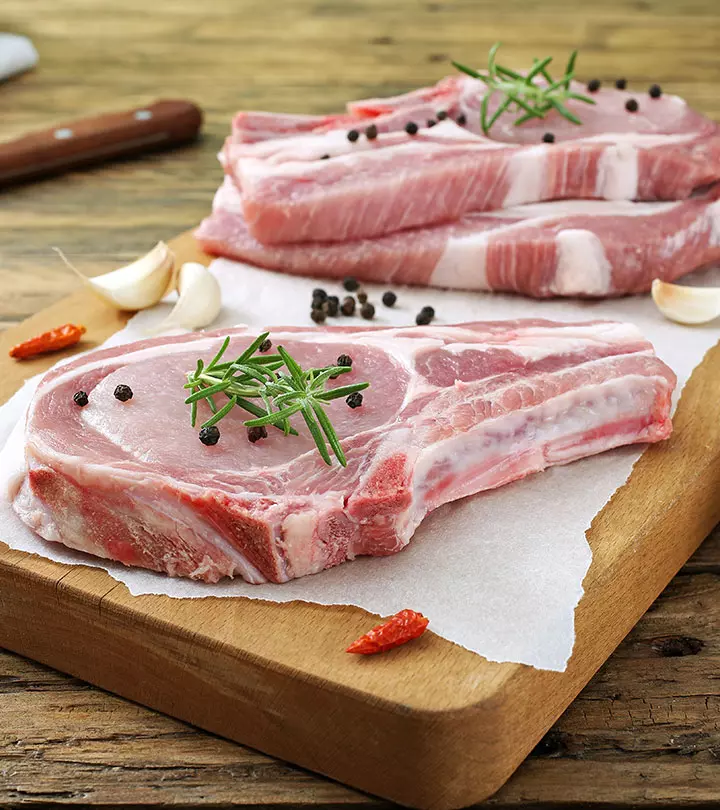
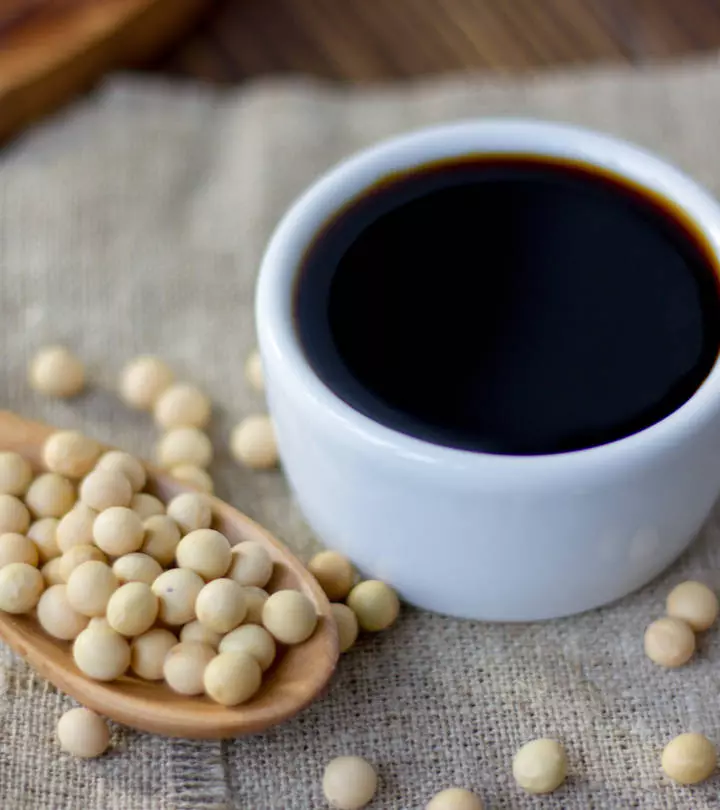
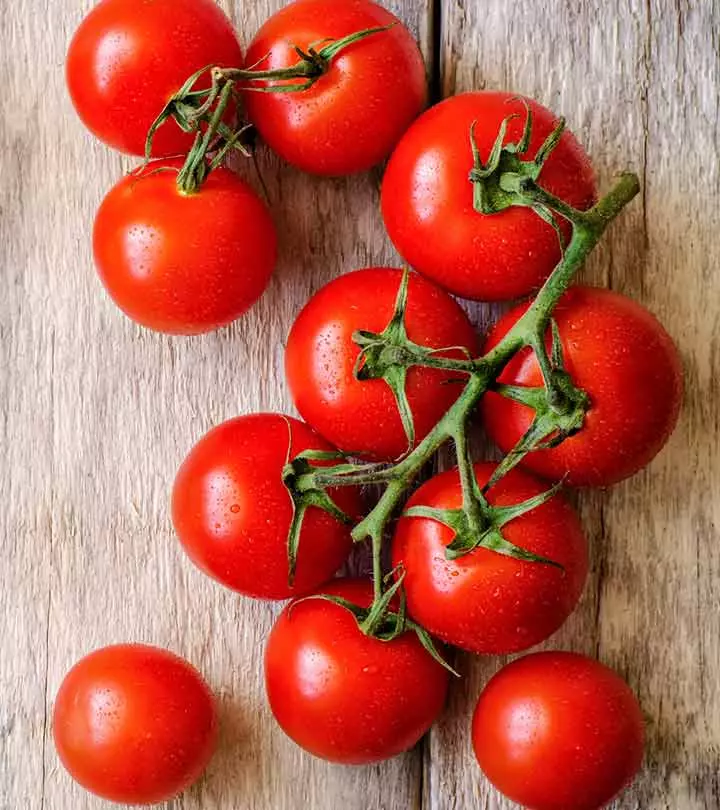
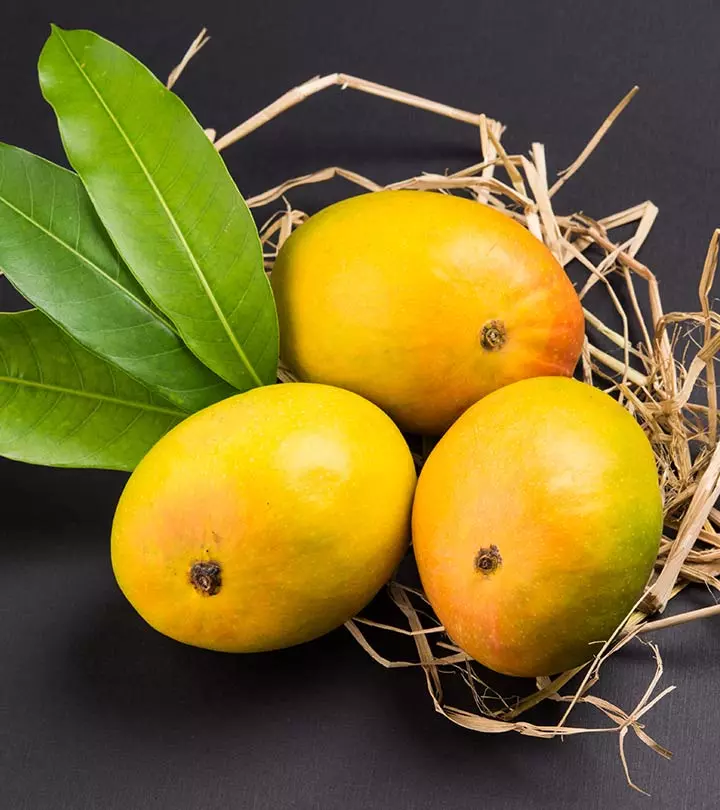
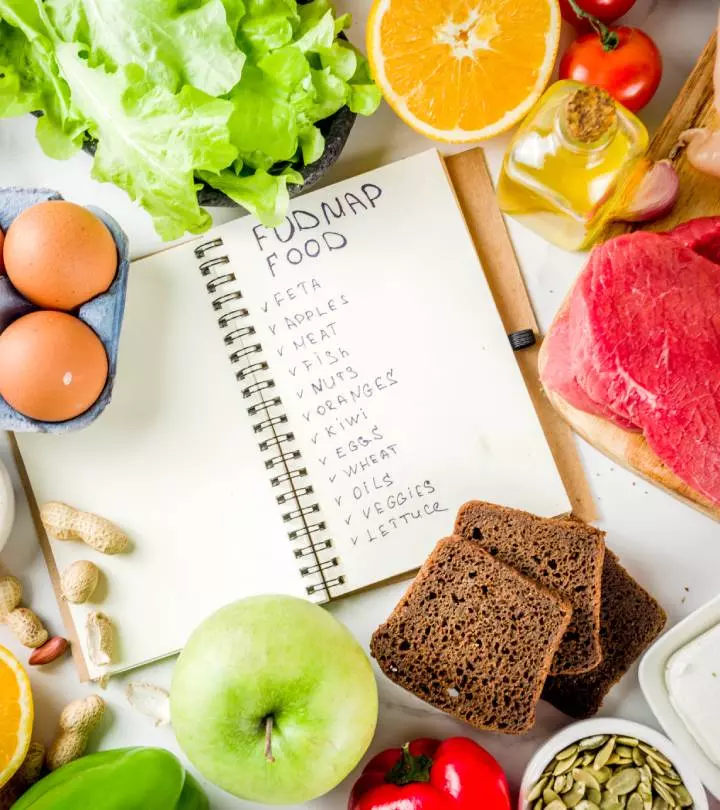

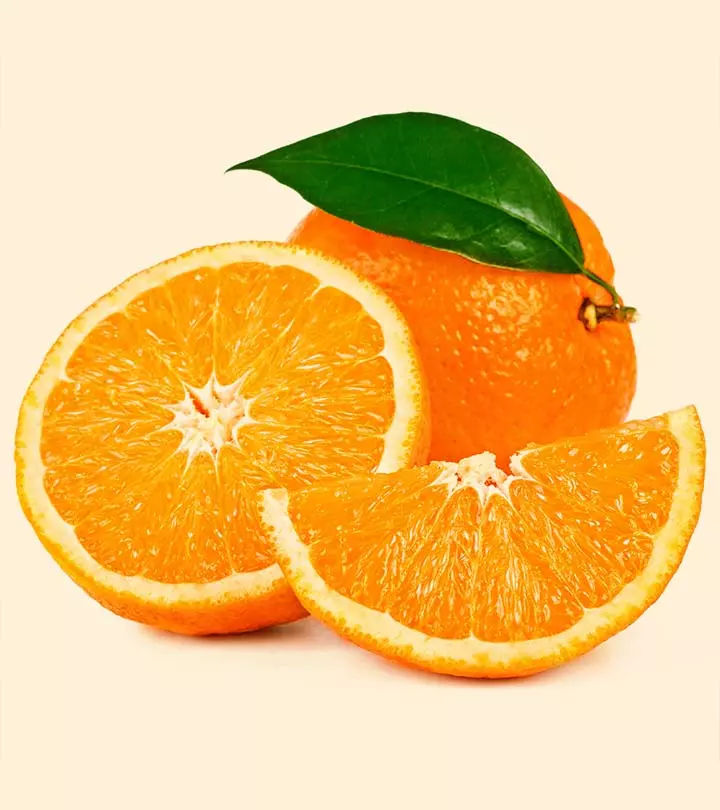
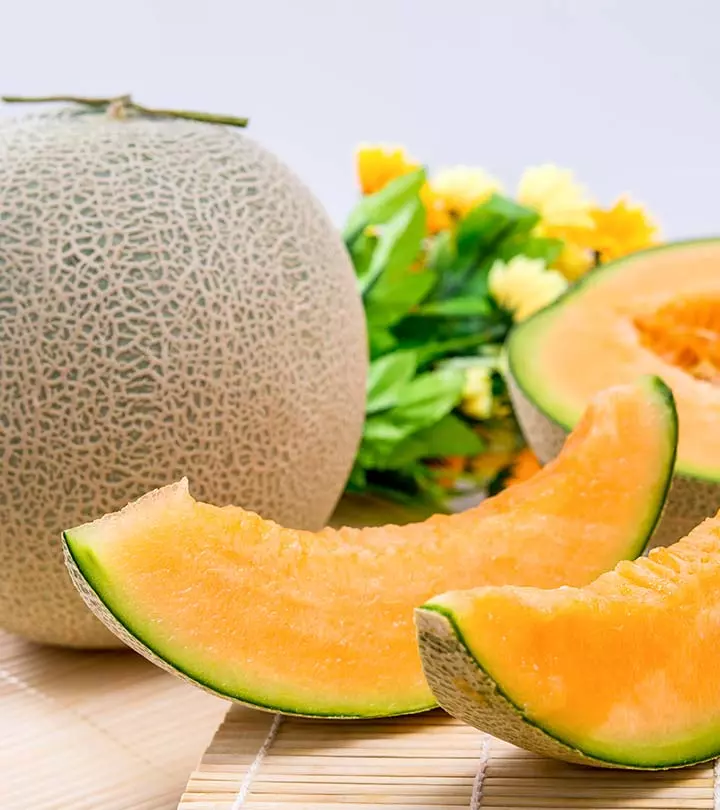



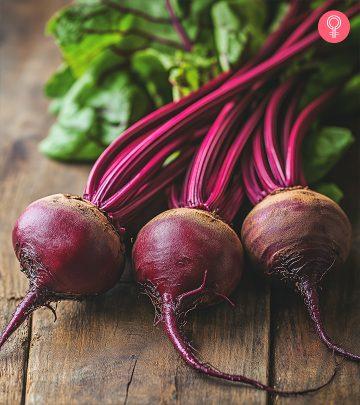
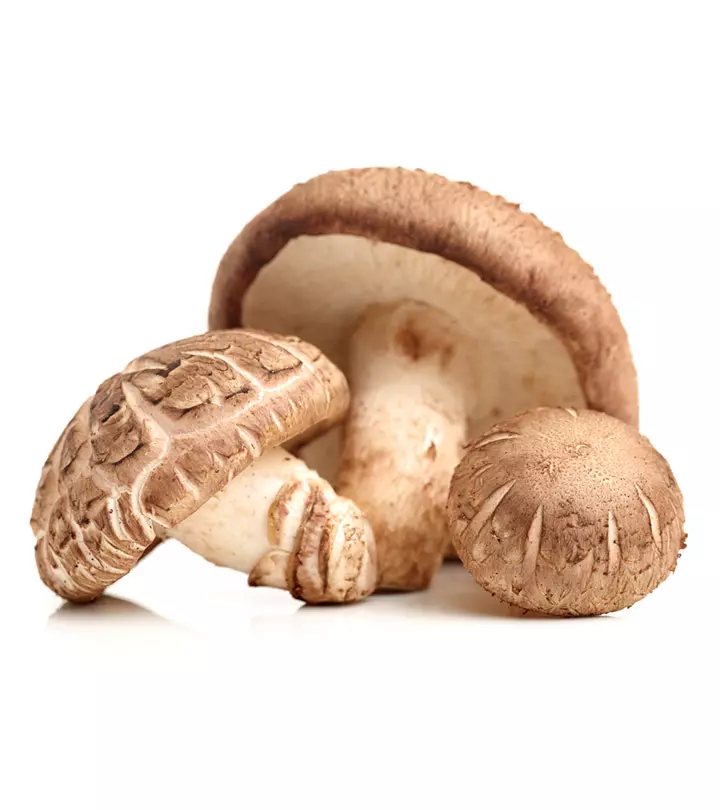
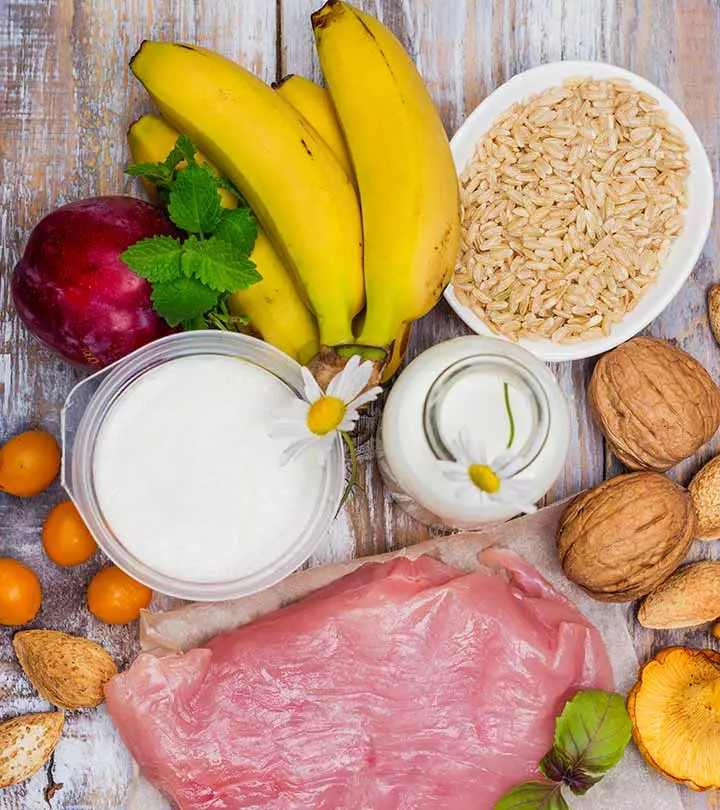
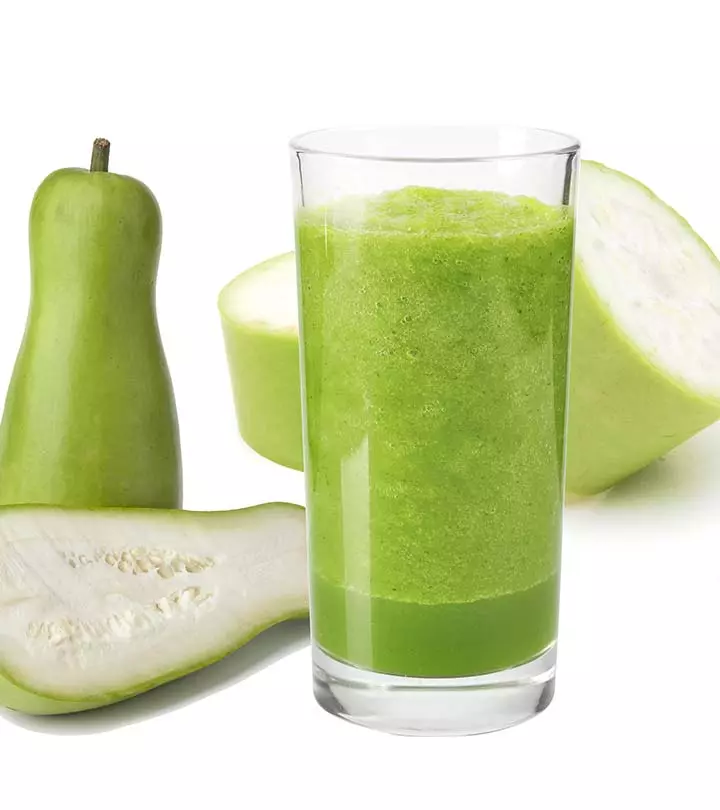
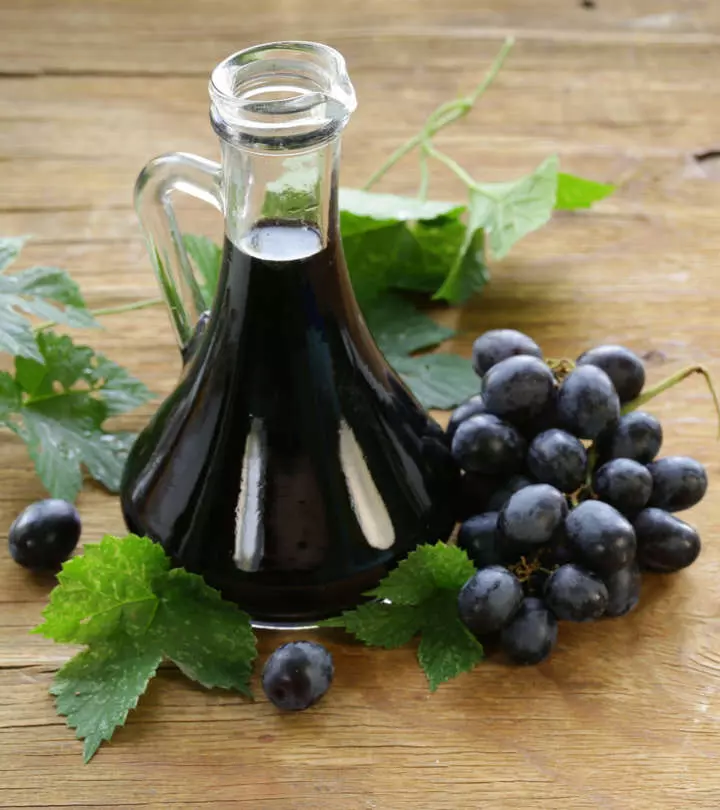
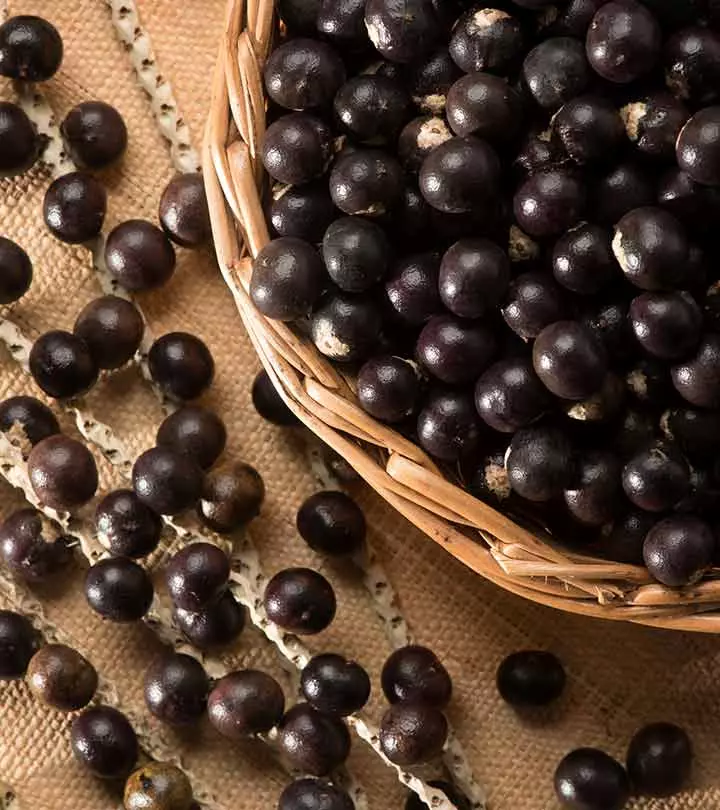
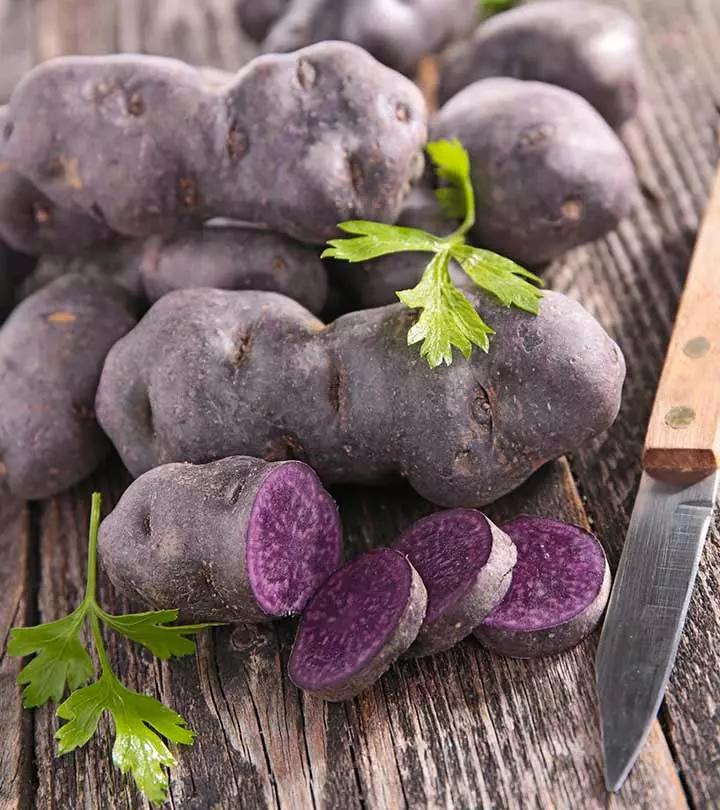
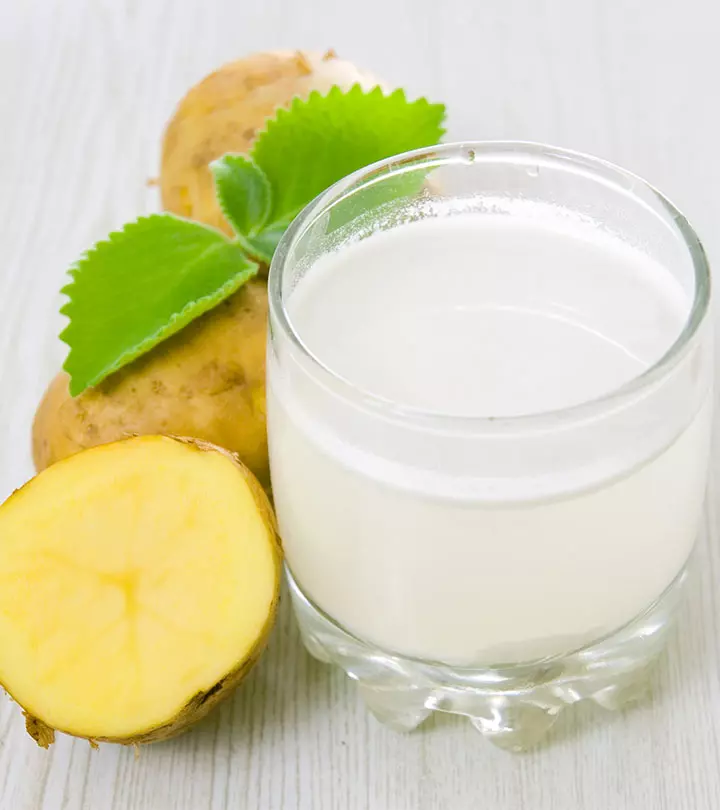
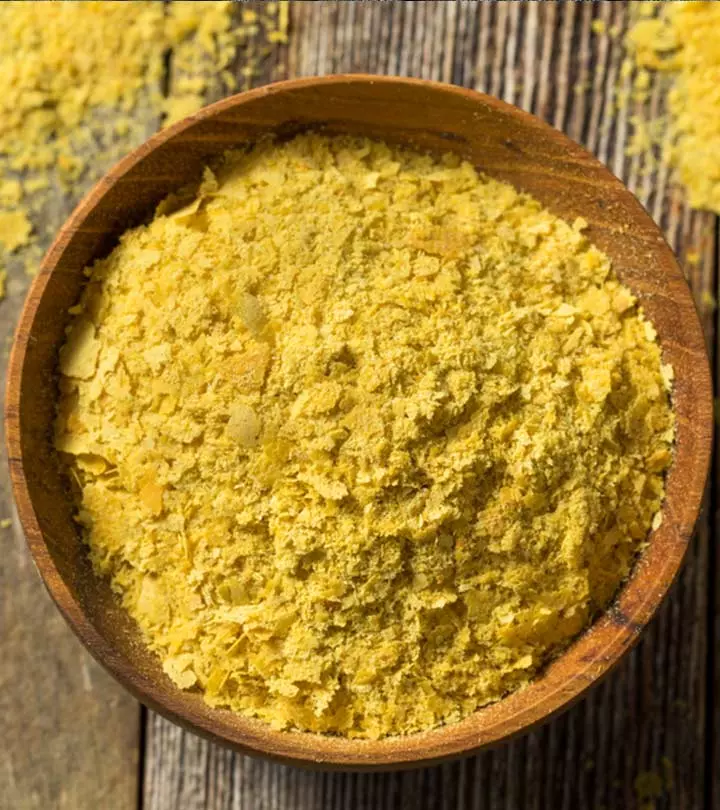
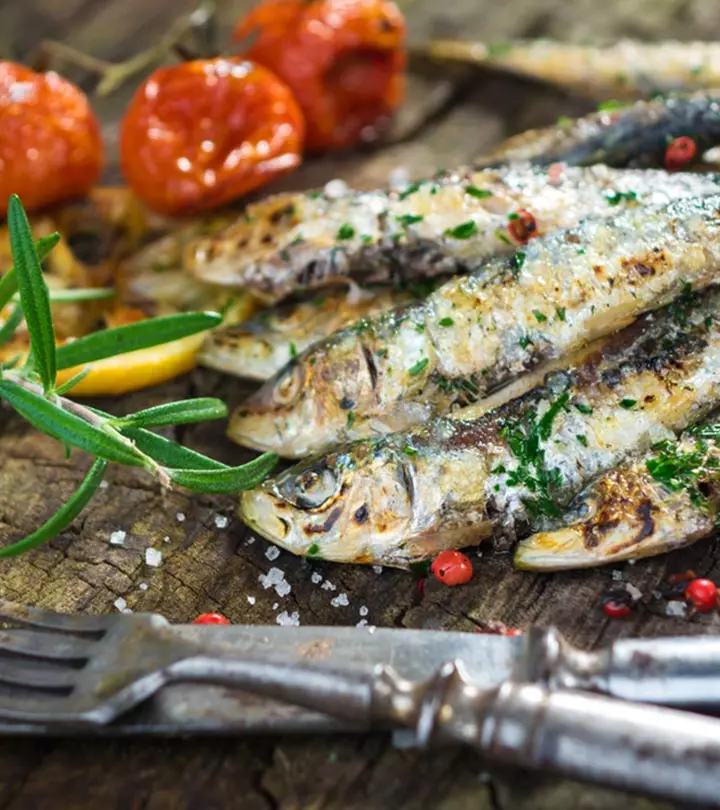
Community Experiences
Join the conversation and become a part of our empowering community! Share your stories, experiences, and insights to connect with other beauty, lifestyle, and health enthusiasts.